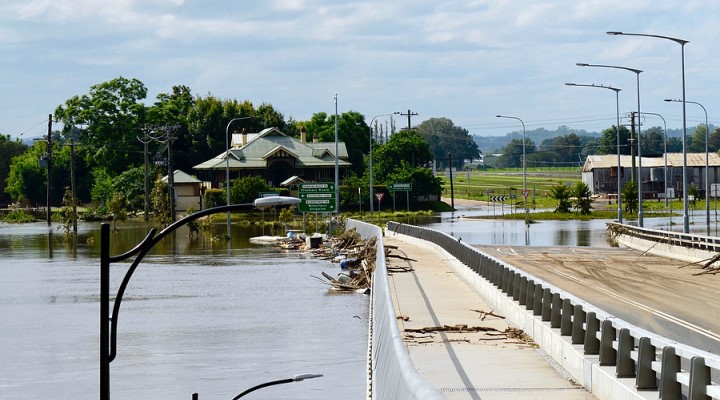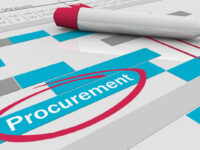The Australian Small Business and Family Enterprise Ombudsman, Bruce Billson, is urging small businesses across the country to prepare for natural disasters.
The reminder came with the Ombudsman’s findings indicate that an overwhelming majority of small and family businesses still do not have a current disaster preparation plan.
Billson noted that, in some cases, small-business owners were often the first to volunteer to lead and contribute to local emergency response and business support groups and help make preparations for the community such as laying sandbags and moving stock and people to higher and safer ground.
“Just like the businesses they run, they are the lifeblood of our communities,” Billson said. “But I urge small and family businesses to be as prepared as possible and to be best placed to respond and recover.”
Billson shared that a Small Business Natural Disaster Preparedness and Resilience Inquiry initiated by his office had recommended the creation of an opt-in ‘My Business Record’ to allow a small business to digitally store all relevant government-held and other vital information it might need after a disaster.
“It is equally clear the small-business community cannot do this on their own and when a natural disaster strikes, certainty of response and certainty of support must be provided,” Billson explained. “Small-business owners should automatically be engaged in local place-based planning and support services and be elevated and ‘front of mind’ in disaster response, recovery and funding arrangements. This must include indirectly affected businesses.
“We believe a business hub should be established to provide a single point from which to seek help from government and non-government agencies,” he added. “And we strongly recommend a ‘tell-us-once’ triage system should be adopted to save small business owners the trauma and time associated with repeating their story.”
Billson added that ongoing support should also continue in the aftermath of a disaster.
“When a small business receives an Australian Government grant, an additional amount should be made available six to nine months later for a ‘business health check’,” the Ombudsman said. “We also need an integrated response to disaster risk management for identified disaster-prone areas that incorporates priority access to mitigation expenditure, co-ordinated planning across levels of government, infrastructure hardening, interest-free loans for asset and activity protection and relocation schemes, and possible use of a dedicated reinsurance vehicle.”
Billson also raised the problem of insurance that many small businesses are facing in their disaster preparations.
“If they can get insurance, it can come with excesses that would preclude any claim ever being made,” he lamented. “Frustratingly, insurers are also uninterested in the steps individual small and family businesses take to mitigate disaster risk or dismissive of them.
“We’re told this is because the insurance companies look at risk across a broader pool – it is community-wide or industry-wide or neighbourhood-wide analysis,” Billson added. “Yet the narrative, amplified through advertising, is often about what individuals might do. The insurance sector needs to do better – and do it now.”
Billson said small businesses should not be forgotten in disaster planning and the clean up.
“Sadly, too often we have seen how natural disasters can cause lasting harm to the enterprising women and men building businesses, employing local community members, and contributing to the Australian economy,” he said. “Small business creates vitality in our communities, employs two out of every five people with a private sector job and contributes one-third of our GDP, so it is absolutely worth building its resilience.”














